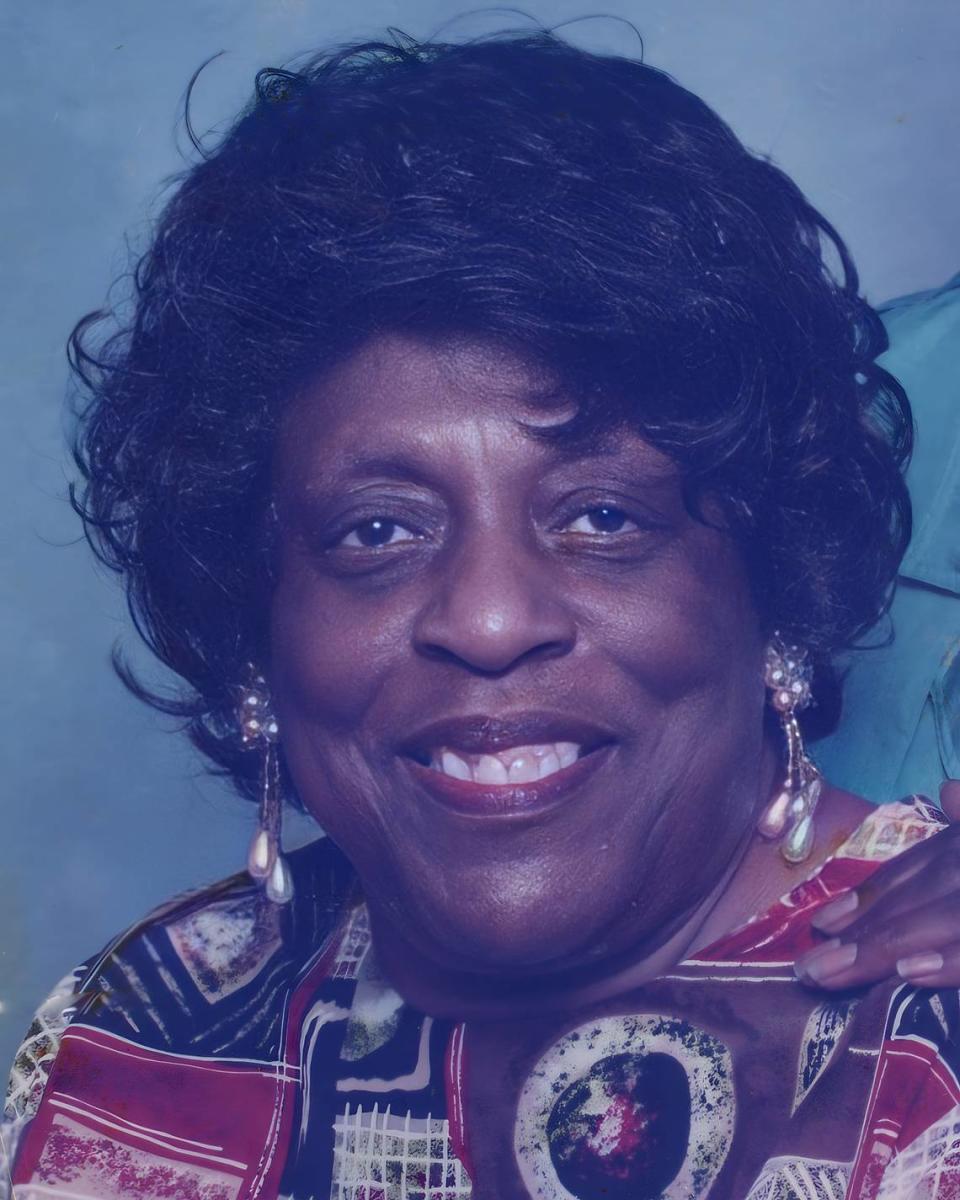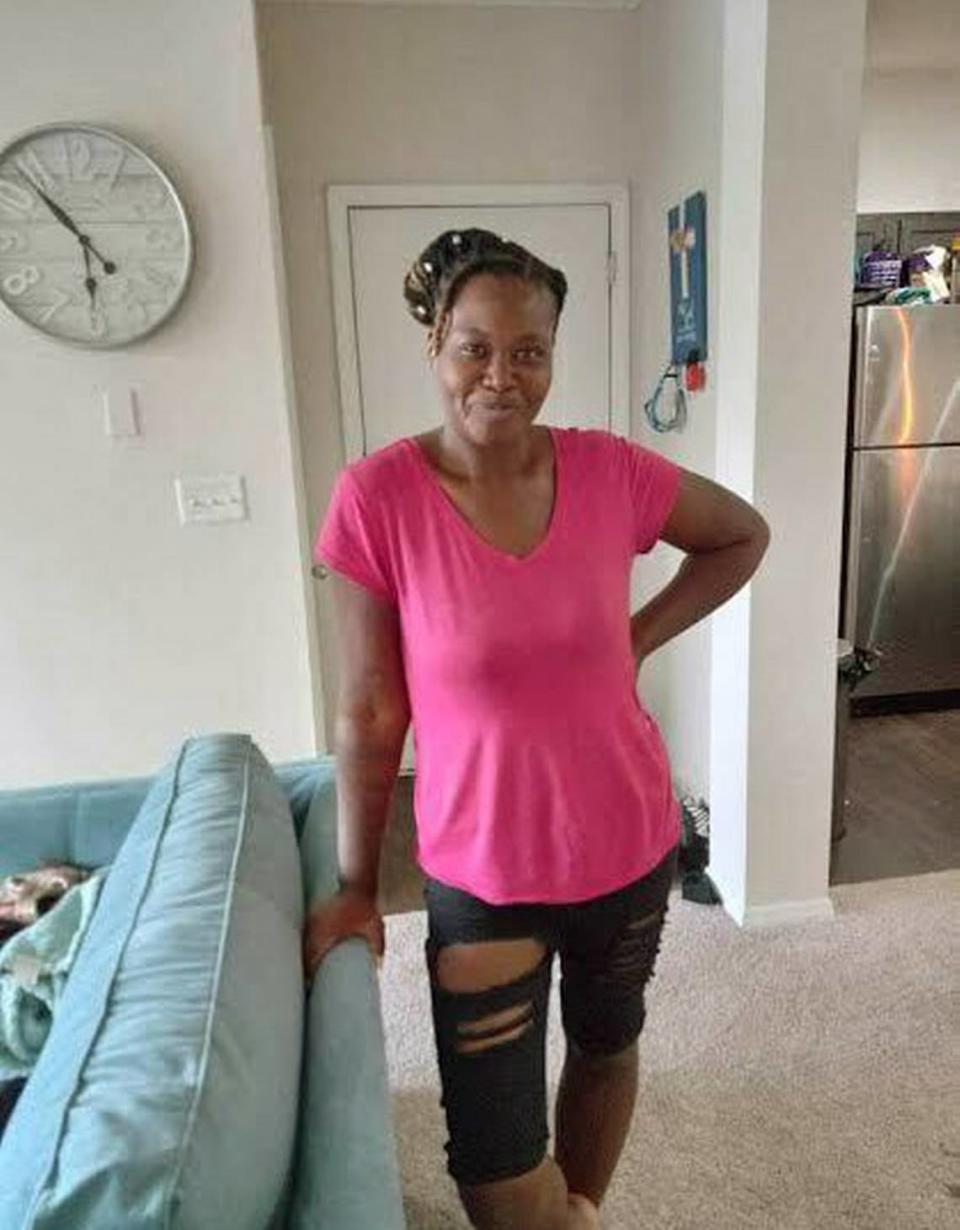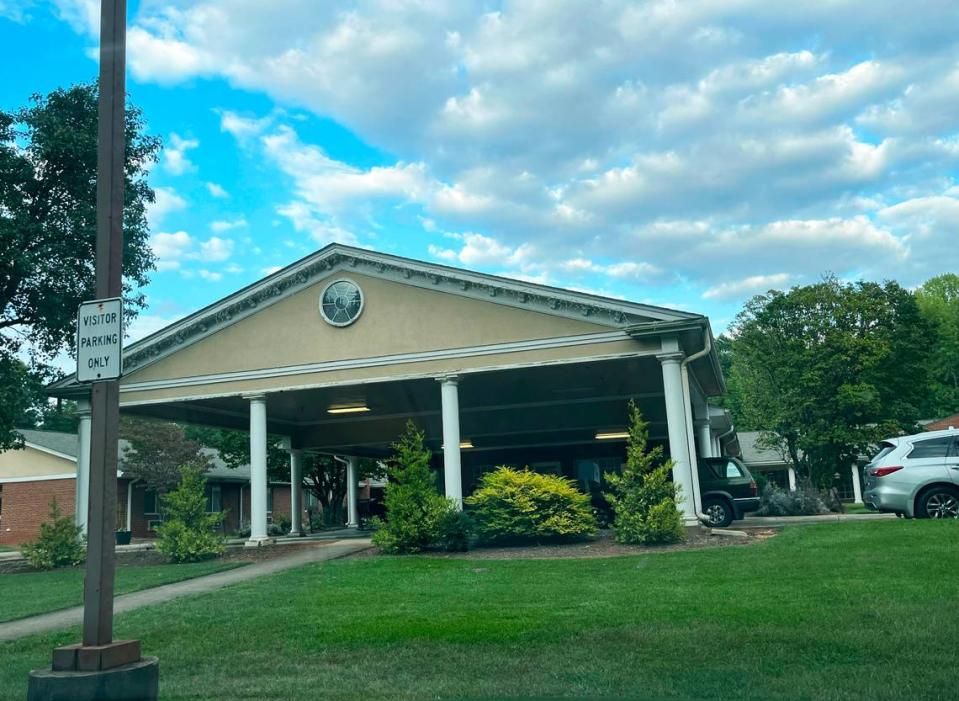‘How long was she in pain?’ Families fault Charlotte nursing home for resident neglect
State inspectors have confirmed what some residents’ families already suspected: Caregivers have endangered residents at a nursing home located in a predominantly Black neighborhood in Charlotte.
At least two residents at the Hunter Woods Nursing and Rehabilitation Center were hospitalized this year after staff failed to detect serious health problems, state inspection reports show.
In one case, a woman was admitted to a hospital intensive care unit with severe sepsis, a life-threatening reaction to infection. A wound on her foot, which eventually caused a bone infection, was to blame, according to a new inspection report from the N.C. Department of Health and Human Services.
A son of Mary Emma Lane, the resident who was hospitalized, said he and other family members want answers to a fundamental question: How did his mother’s infection get so bad without anyone at the nursing home noticing?
“You don’t develop this type of infection overnight,” Tyrone Wooten said.
Lane never recovered after her trip to the hospital — and never spoke again, Wooten said. On June 17, after several more trips to the hospital and a brief stay at another nursing home, Lane, breathed her last breaths. Her death certificate says she died from dementia, Wooten said. Whether her infections contributed to her death is unclear.

A pattern of poor care
Located in Charlotte’s Hidden Valley neighborhood, just south of I-85, Hunter Woods scores poorly on the scale that the federal Centers for Medicare and Medicaid Services uses to rate nursing homes. The nursing home gets just one out of five stars overall. It also gets one out of five stars for staffing.
Hunter Woods is owned by Consulate Health Care, a company that owns more than 50 nursing homes, including 16 in North Carolina. Regulators here and elsewhere have repeatedly cited the company’s nursing homes for violations. Eleven of Consulate’s 16 North Carolina nursing homes got just a single star for staffing.
Officials for Hunter Woods and Consulate Health Care did not respond to repeated requests for comment, beginning last week.
But the nursing home’s leaders have told the state they’ll do better. In response to the state inspection findings, they submitted plans to prevent such problems from recurring. They told the state they’ve reeducated staff members about assessing the skin conditions of residents and will observe nurses periodically to ensure quality care.
Such problems aren’t unique to Hunter Woods. “Left Alone,” a Charlotte Observer investigation published last year, found that severe staffing shortages are endangering thousands of nursing home residents in North Carolina, leaving some to miss crucial medications, develop life-threatening infections and wait hours for help.
Need to find a high-quality nursing home in North Carolina? Here are some tips.
‘How long was she in pain?’
Lane’s family members aren’t the only ones concerned about the quality of care at Hunter Woods.
In May, complaints from another family led state inspectors to cite the nursing home with “immediate jeopardy to resident health or safety” — the most severe category of violation.
In that case, inspectors found staff members failed to check a diabetic resident’s blood sugar levels before they became dangerously high. The resident had to be admitted to a hospital ICU, where she was diagnosed with diabetic ketoacidosis, a serious condition that can lead to a coma or death.
One nurse was suspended pending investigation into the case, according to the inspection report. Staff members were also educated about monitoring the glucose levels of diabetic residents.
Another resident, Shakita Fleming, came to the 120-bed nursing home in June 2022, after suffering a stroke that left her unable to talk.

Fleming’s mother, Beverly Fleming Killian, said she suspected her daughter’s shoulder was dislocated earlier this year. When she touched Shakita’s shoulder, she would moan in pain and push her hand away.
Caregivers at the nursing home told her they didn’t think her shoulder was dislocated, Killian said. But after about three months, the nursing home agreed to send her to an outside doctor, who found her shoulder was dislocated and fractured, her mother said.
“Our question was, ‘How long was she in pain?’ ” said her sister, Beatrice Fleming.
Fleming, now 34, developed an antibiotic-resistant infection at the nursing home and has fallen repeatedly, sometimes injuring her head, her sister said. Dependent on a feeding tube, she at one point became so badly malnourished that she lost about 40 pounds, Beatrice Fleming said.
The sister recalled a morning several months ago when she entered the nursing home around 9 a.m. and found that Fleming had not been fed, washed or changed out of her night clothes. For the next three hours, Beatrice said, she remained at the home, trying to summon help from staff members. But it was not until noon that an employee finally came to care for her sister, she said.
“I feel like they shorted my sister,” Beatrice Fleming said.
Killian said that when she visits the nursing home, her nose detects another indication of neglect.
“It smells like urine and bowel movements,” she said. “All over the building.”
Were danger signs ignored?
Mary Emma Lane’s family learned about her medical crisis in mid April, when a Hunter Woods staff member called with a disturbing report: The 92-year-old woman was unresponsive and her blood pressure had dropped, so they were sending her to the hospital.
At the emergency room, Lane’s family learned that the heel of her foot was infected all the way to the bone, according to Wooten, her son. A wound on her buttocks was also infected, Wooten said.
Doctors told the family that the infections had sent Lane’s body into septic shock.
For months before her hospitalization, Lane would yell in pain when nursing home staff members moved or changed her. No one discussed her heel wound or her infections with the family, Wooten said.
“We didn’t understand why she was in so much pain,” he said.
The state report does not name Lane, but Wooten confirmed that she’s the patient who inspectors refer to as “Resident #21.”
On April 10, five days before Lane was hospitalized, a nurse’s note recorded an “open area” on her heel. But during the five weeks prior to that, the staff documented no issues with her skin, the state inspection report says.
A nurse who was responsible for monitoring Lane’s skin for problems noted that at multiple times in March and April she had noticed a dressing on her foot but did not remove it, the report says.
“She explained she had seen the dressing in place on multiple occasions but did not address it because she thought the Wound Nurse was treating the resident’s foot,” the report states.
Inspectors cited the nursing home with one of the more severe violations - a “Level G” breach. According to the federal definitions, that means there was “actual harm” to a resident.

Lane grew up in eastern North Carolina, where she raised four children as a single parent and worked as a sharecropper on farms in and around Edgecombe County, according to Gerome Dupree, another one of her sons.
More than 50 years ago, she moved to Charlotte, where she took on a job as a custodian for Presbyterian Hospital. She was quick to laugh, and in her younger years loved to shop for antiques at thrift stores, and to go to church each Sunday, Dupree said.
When she died in June, she left behind three children, six grandchildren and 16 great grandchildren.
Hoping to hold the nursing home accountable for what happened to Lane, family members have hired a lawyer.
“Someone,” Wooten said, “wasn’t doing what they were supposed to do.”
At NC homes, staffing problems are rampant
Most nursing homes get the bulk of their revenue from taxpayers, in the form of Medicaid and Medicare dollars. Industry leaders say low Medicaid and Medicare reimbursement limits what they can afford to pay employees. That contributes to staff shortages.
But advocates for nursing home residents argue that many nursing homes could afford to provide better care.
Bill Lamb, board member for Friends of Residents in Long Term Care, which advocates for North Carolina nursing home residents, said he sees many for-profit companies like Consulate cutting “every cost they can,” including staffing. The quality of care suffers as a result, he says.
Most states require minimum staffing ratios for nursing homes, The Observer’s investigation found. But North Carolina isn’t among them.
That means homes here can operate with minimal staffing and face little risk of penalty. At times, The Observer previously reported, nurse aides have been left to care for more than 20 residents apiece, a situation that exhausts them and leaves vulnerable patients in danger of neglect.
The U.S. Department of Health and Human Services last month proposed minimum staffing standards for nursing homes.
But some experts say that plan — which would require homes to provide an average of at least three hours of caregiver time per day for each resident — would do little to improve the situation. The proposal falls well short of staffing standards long proposed by experts, according to Charlene Harrington, a professor emerita at the University of California, San Francisco and a national expert on nursing home staffing and quality.
“What they proposed is very, very low,” Harrington said. “It’s extremely disappointing. It seems they mostly focused on cost considerations instead of researched facts.”
While many nursing homes have struggled to hire and retain front-line caregivers, they’ve also had a hard time keeping managerial positions filled.
Like many nursing homes, Hunter Woods has experienced high turnover among managers, according to Hillary Kaylor, the Charlotte region’s nursing home ombudsman. It has had at least three top administrators in recent years, she said.
Years ago, many nursing homes in North Carolina were locally owned. Now, however, most are owned by large out-of-state corporations, said Kaylor, whose office advocates for nursing home residents and their families.
“That is part of why we think we see poor care,” she said. “If you work in New Jersey, you don’t necessarily think about what’s going on here.”

